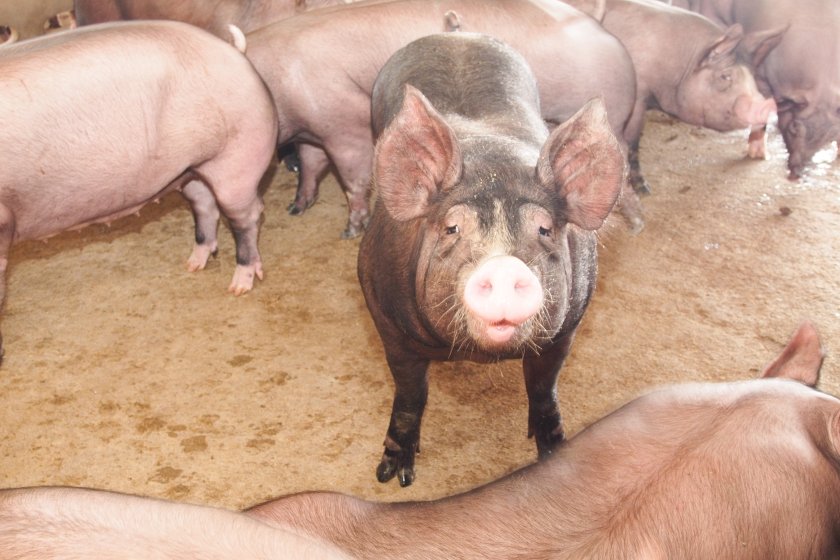
The pig sector has backed calls for the government to speed up plans to allow the commercial use of precision breeding techniques in farmed animals.
The Genetic Technology (Precision Breeding) Act was granted Royal Assent in March, paving the way for gene edited crops and livestock to be introduced on farms.
One of the first potential applications in livestock could be porcine reproductive and respiratory syndrome (PRRS) resistant pigs.
PRRS is a disease of economic importance to the global pig industry, as it can cause reproductive failure in sows and respiratory problems in weaners up to finisher pigs.
But under new precision breeding regulations, the sector hopes that pigs will be bred using gene edited traits developed by scientists at the University of Missouri in the US and the Roslin Institute in the UK.
However, under the terms of the Precision Breeding Act, which applies to England only, gene edited plants are being prioritised over livestock.
The UK government has indicated that the equivalent process for farm animals could take a further two years.
Yorkshire pig producer Rob Beckett has written to Farming Minister Mark Spencer urging him to step up the UK's precision breeding plans for the pig sector.
Mr Becket said pig producers should get access to the same advanced genetics as soon as possible to help alleviate the suffering to animals, and distress to producers, caused by intractable diseases such as PRRS.
He said in his letter to Mr Spencer: “PRRS is a dreadful condition, endemic in both indoor and outdoor pig production in the UK, and responsible for significant losses, as much as £30 million per year in England alone.
"But as a fellow farmer, I know you will understand that this issue is not just about pounds and pence. It is also about avoiding animal suffering, and the distress this causes among producers.
"A genetic solution is now available which could eradicate this horrible disease – it seems unethical not to get it out onto farms at the earliest possible opportunity."
NPA chief policy adviser Charlie Dewhirst said gene editing had the potential to deliver 'huge benefits' for the pig sector, including helping to tackle one of the most damaging pig diseases on the planet.
"While we understand the need to proceed with caution and consider all the implications, we would like to see the process speeded up, so the industry can access this game-changing technology at the earliest opportunity."
